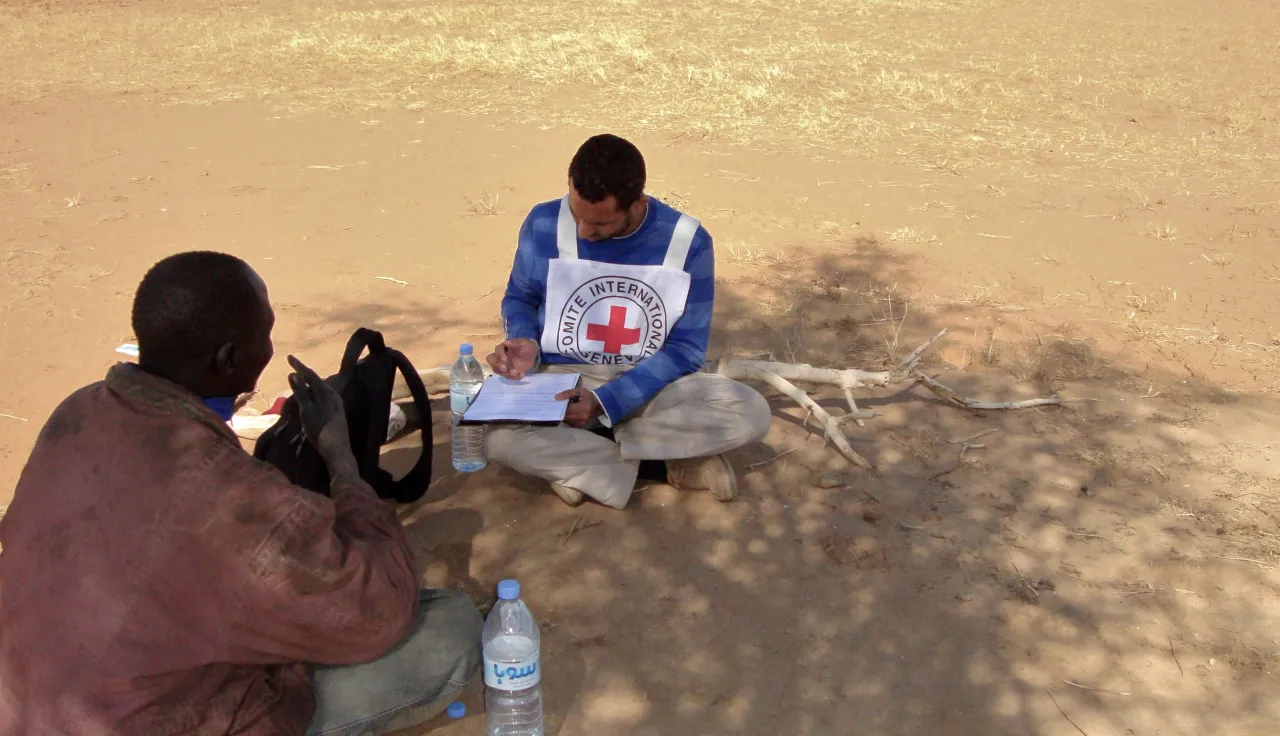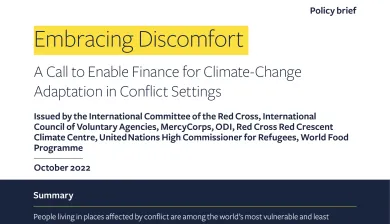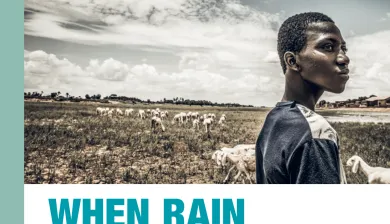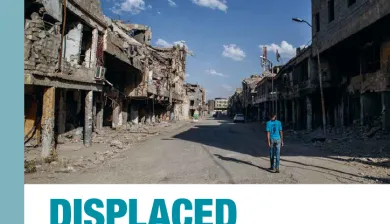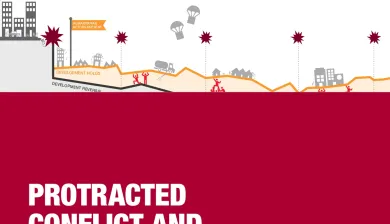Operational and policy research
The ICRC undertakes operational and policy research that creates new knowledge and/or uses existing knowledge to generate new concepts, methodologies, and understandings that contribute to evidence-based decision making and advancing the ICRC's operational and policy priorities. It consists of a systematic inquiry that combines ethical and rigorous scientific research methods with operational experience and needs.

